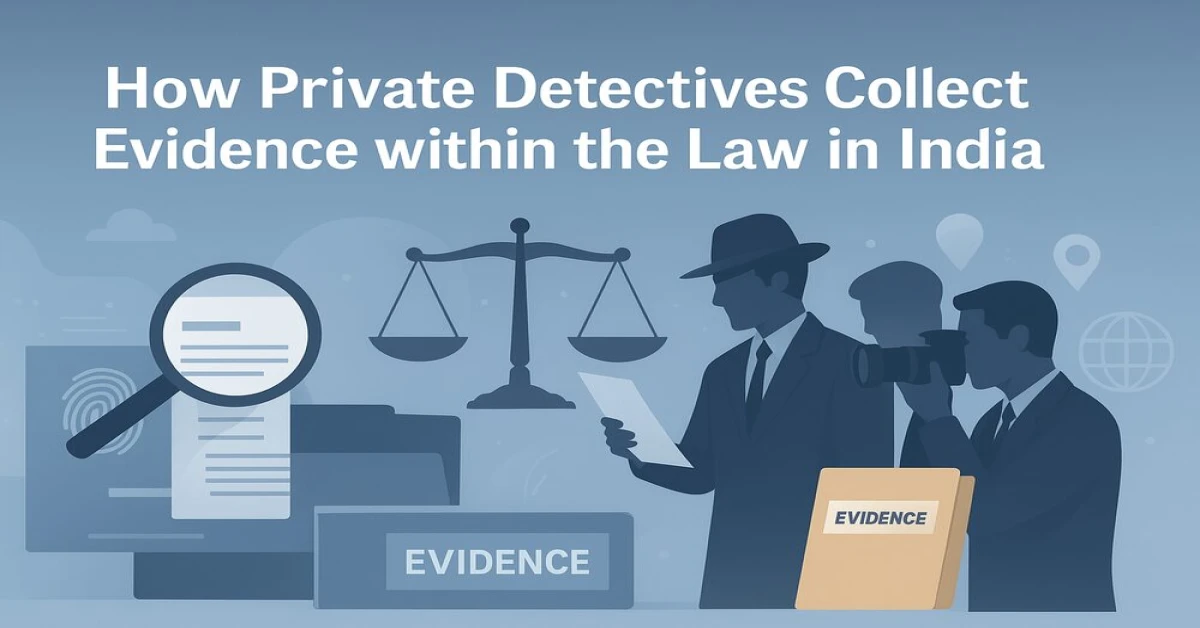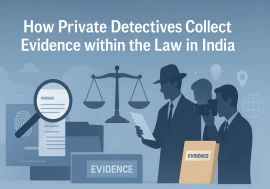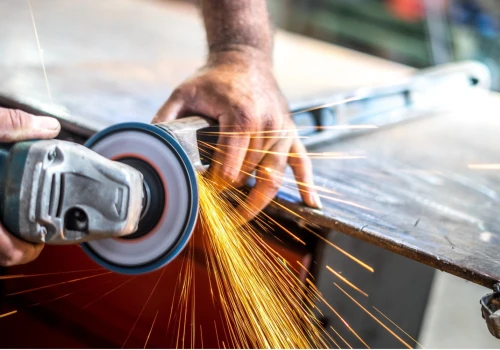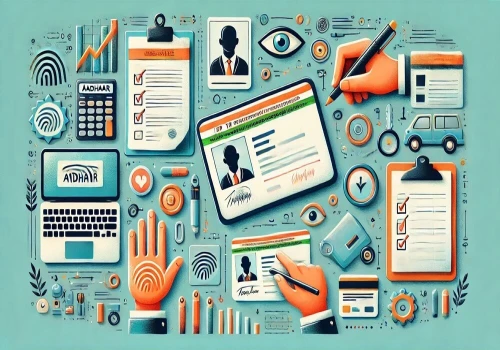
In the current rapidly changing world, truth and trust tend to hide behind suspicion and doubt. Whether one needs a marriage investigation, corporate fraud investigation, or a missing person’s case, individuals from all over India approach professional private detectives to find facts that are significant. But there's an essential question here — how do investigators obtain evidence while remaining lawful?
Let's see how a private detective agency in India works legally, ethically, and professionally to reveal the truth.
1. Knowing the Legal Limitations of Private Investigations
It is important to know what is legal and what is not before discussing detectives' work. Private investigation services are not exclusively governed by a license law in India yet, but they have to abide by Indian Penal Code (IPC) and Information Technology (IT) Act regulations.
That is, a private investigator cannot:
• Hack into phones or emails
• Tap someone's phone calls without authorization
• Break into private property
• Install hidden cameras in private locations
But what they can do lawfully is collect information through observation, surveillance, verification, interviews, and research in the public records, provided it does not intrude into anyone's privacy or violate anyone's rights according to the laws of India.
2. The Role of a Licensed and Ethical Detective
Though India does not have a centralized licensing organization yet, top-quality agencies such as First Indian Detective Agency operate with rigorous internal ethics codes and lawyers. They adhere to a professional investigative pattern no different from the one used internationally — one where each step of evidence collection can be explained legally.
Ethical detectives:
• Use only authentic sources
• Maintain confidentiality of the client
• Avoid misrepresentation
• Make evidence verifiable and admissible
3. Surveillance: Watching Within Legal Boundaries
The most popular tool employed by detectives is surveillance. But surveillance in India has to be in public areas alone — not on someone's private property or in their home without permission.
How It's Done:
• Detectives might stalk a subject in public places to see what they're doing.
• They take pictures or video from public vantage points.
• They keep precise time records, location notes, and behaviour records.
For instance, in a matrimonial inquiry, a private investigator may be monitoring the subject's routine, associates, and conduct — violating no personal privacy. These findings, when used together with other evidence, enable clients to make enlightened choices.
4. Background Verification and Record Checks
Indian detective agencies legally probe public and verifiable records to verify an individual's:
• Employment record
• Financial history
• Social conduct
• Education or residence verification
For example, prior to marriage or employment, detectives gather information from:
Local city council records
Court case databases
Company registration information (through MCA website)
Social media trails
These investigations are absolutely legal and assist customers with spotting possible threats prior to making important life or business choices.
5. Interviews and Enquiries
Another lawful method is interviewing or casual inquiry. Spies tend to go to a subject's neighbourhood, workplace, or social sphere to access information discreetly.
Illustrative examples:
• Asking neighbours about an individual's lifestyle or nature.
• Interviewing former colleagues for proof of job performance.
• Inquiring with local authorities for address or identity confirmation.
• The trick here is discretion and respect — questions should not be intrusive, threatening, or libellous. A good investigator understands how to pose the right questions without disclosing the client's identity or mission.
6. Digital & Online Evidence Gathering
These days, much of the truth is online. Private investigators employ open-source intelligence (OSINT) techniques to gather data that's out in the open.
They may:
Analysing a person's social media activity
Checking public posts, business pages, or LinkedIn profiles
Cross-verifying online reviews or digital footprints
But ethical detectives do not hack, phish, or intrude into personal accounts. They only gather data that is publicly available or shared publicly, which is completely legal according to Indian cyber laws.
7. Documented Proof and Chain of Evidence
For any evidence to be admissible, it must have a chain of custody — that is, it's traceable, original, and untampered with.
Professional investigation companies keep:
Timestamped photographs and videos
GPS-monitored surveillance footage
Dated reports of interviews
Signed witness statements
This way, if the client ever needs to present the evidence in court or in arbitration, it holds up well and is admissible. All documents or photographs are securely stored and preserved.
8. Cooperation with Legal Authorities
• At other times, in the case of sophisticated cases such as fraud, theft, or cybercrime, private investigators collaborate with the police or legal consultants.
• They can collect initial intelligence and then pass reports to duly authorized law enforcement. Such collaboration makes the process open and legal.
• Even lawyers in civil or matrimonial suits can be assisted by detectives by presenting documented evidence that aids in legal proceedings without infringing any laws of privacy.
9. Confidentiality: The Foundation of All Legal Investigations
Confidentiality is not simply professional conduct — it's a matter of law. All leading private investigation firms enter into a non-disclosure agreement (NDA) with clients.
Everything — client information, intent of investigation, and findings — is kept strictly confidential. Even the detectives involved in the case have limited information according to the need-to-know policy.
This safeguards both the reputation of the client and the credibility of the agency.
10. Contemporary Tools Legally Employed in Investigations
Private investigators employ today's advanced technology — but only within legal limits.
Popular legal tools are:
Public photographing using high-zoom cameras
GPS tracking devices (only with clients' permission or when the law allows)
Data analysis programs for tracking patterns
Background check programs based on public records
Illegal ones such as phone tapping, concealed cameras inside private rooms, or hacking software are barred under Indian law.
11. The Need to Select a Reputed Detective Agency
As India does not have formal licensing at present, the selection of a reputed and trustworthy agency becomes highly critical.
An honest detective agency would need to possess:
A registered office and GST number
Clear agreements
Clear progress reports and communication
Legal and ethical modes of investigation
For instance, First Indian Detective Agency, which is based in Delhi, adheres to international investigation protocols and maintains all assignments legal and confidential.
12. What Next after Evidence is collected?
After the investigation is complete, the detective agency creates a comprehensive report for the client.
This can include:
Photos, videos, call records (obtained legally), or observation reports
Verified background information
Witness testimony or behavioural profiling
The client can then use this information for personal matters or provide it to their attorney if needed. A professional detective makes the report objective, brief, and admissible in court.
13. Key Takeaway: Legal Investigation Safeguards Truth and Trust
Private investigation in India is not spying or intrusion — it is all about truth, protection, and clarity. Whether it is a pre-matrimonial verification, corporate due diligence, or missing person’s investigation, professional investigators quietly collect information respectfully and in accordance with the law.
Their role is to provide clarity in unclear circumstances — and they do that through skill, ethics, and legal intelligence.
Final Thoughts
Private detectives are in greater demand in India now — but so is knowledge about legal and ethical methods. A good investigator doesn't merely uncover facts; they uphold the integrity of the process.
So, if you ever require discreet assistance — corporate or personal — select an agency that holds both truth and legality in high esteem.
Because evidence only holds power when it's gathered the right way.








